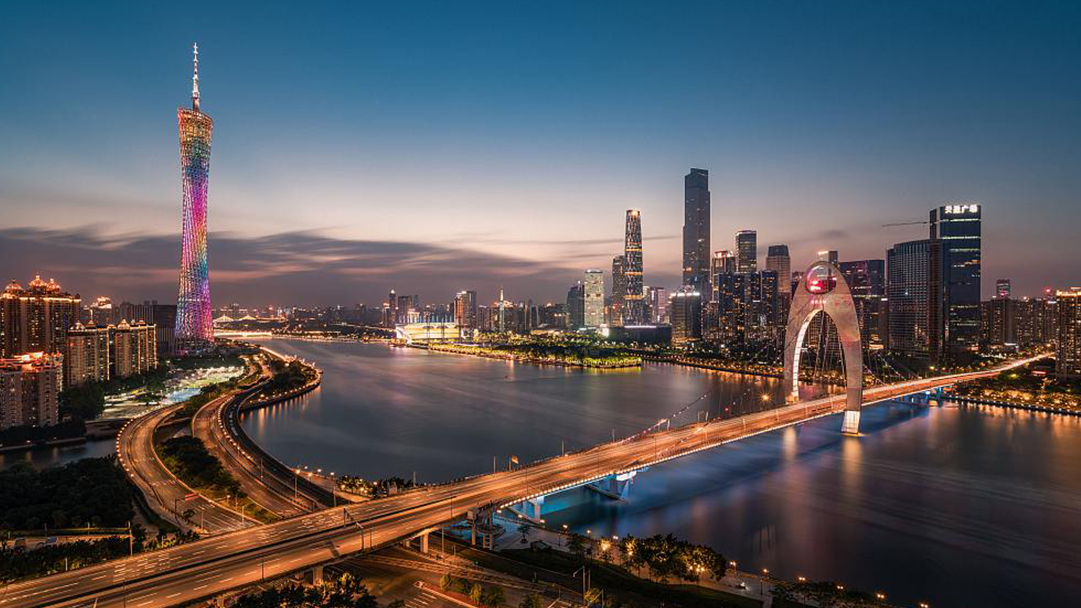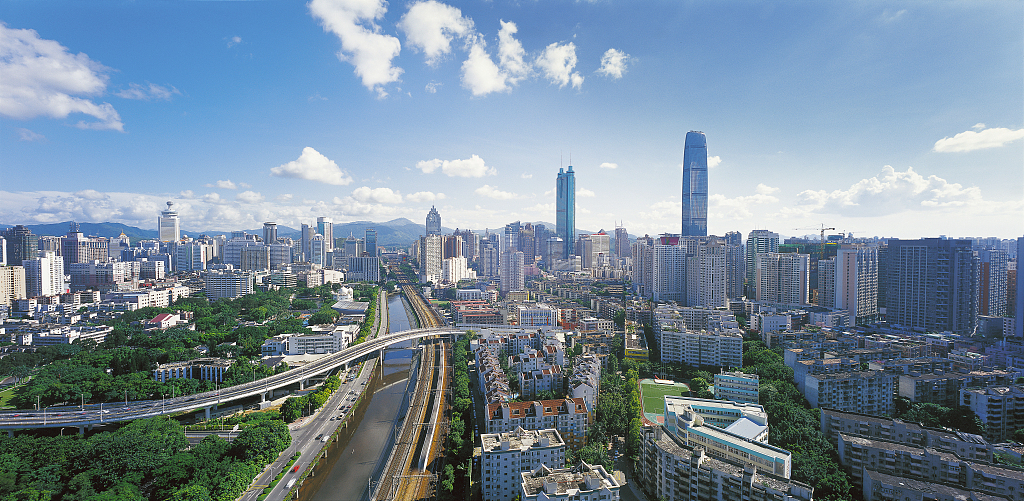
Money Stories
16:30, 03-Jun-2019
Guangdong companies to face trade war head on
Updated
17:43, 03-Jun-2019
Cui Hui’ao, You Siyuan
02:27

From an underdeveloped agricultural area, to China's leader in economic development, the GDP of south China's Guangdong Province reached 9.7 trillion yuan (about 1.4 trillion U.S. dollars) last year. That's nearly 600 times higher than 70 years ago when new China was established.
The Vice Secretary of Guangdong Provincial Committee of the CPC, Ma Xingrui, told a group of reporters: “Daring to explore and daring to be the first. That's the spirit Guangdong has always adhered to. Guangdong's success relies on its systematic advantages and continuous opening-up.”
Ma says the government is dedicated to creating a better business environment and pressing ahead with reforms on administrative procedures. For example, the province took the lead in completely canceling non-administrative licensing exams and approval items. The total number of items that require a government permit was reduced by more than 50 percent from the end of 2012.

Shenzhen City, Guangdong, China / VCG Photo
Shenzhen City, Guangdong, China / VCG Photo
As a result, businesses are becoming stronger. By the end of last year, 12 companies made the Fortune Global 500 list, and 53 companies were listed in the Top 500 of China.
However, amid the changing global environment, the ongoing Sino-U.S. trade war has triggered concerns over whether Guangdong, China's major import and export province, can endure these outside challenges.
Ma says Guangdong's trade with the U.S. accounts for one fifth of all Sino-U.S. trade volume. So Guangdong companies will be hit by the trade war for sure.
“But we are confident in their ability to self-innovate. Companies like Huawei are pioneers in high-tech sectors because they have been growing independently,” says Ma.
He also mentions that having gone through the 2008 financial crisis, many Guangdong businesses have developed enough resilience to counter the latest challenges posed by the U.S.
“We just held big promotion events in Paris and Tokyo, expanding our markets. In the future, we will provide preferential policies to attract domestic and foreign experts, and devote more to basic science research and core technologies,” Ma says at the press conference.
In addition, IP protection and results application will remain the government's top priority, while pushing forward further structural reform and actively participating in the Belt and Road Initiative.

SITEMAP
Copyright © 2018 CGTN. Beijing ICP prepared NO.16065310-3
Copyright © 2018 CGTN. Beijing ICP prepared NO.16065310-3